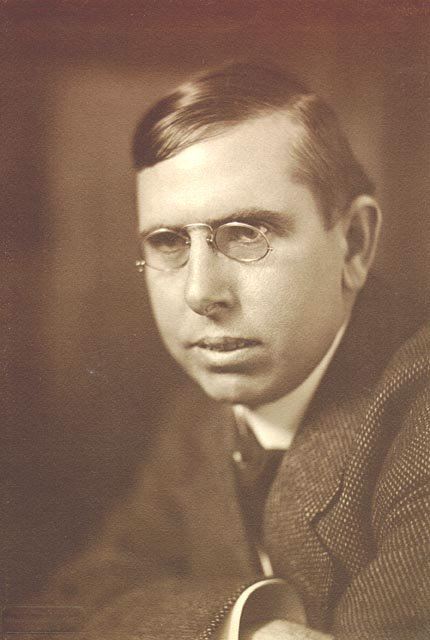Theodore Dreiser
Sister Carrie
-A novel by Theodore Dreiser-
"She had wondered at the greatness of the names upon the billboards, the marvel of the long notices in the papers, the beauty of the dresses upon the stage - the atmosphere of carriages, flowers, refinement. Here was no illusion. Here was an open door to all of that. She had come upon it as one who stumbles upon a secret passage, and, behold, she was in the chamber of diamonds and delight." (13)
Sister Carrie is a captivating novel about a young girl's climb up the social ladder. The protagonist of the novel, Carrie Meeber, moves to Chicago from a country town in Wisconsin in hopes of making money from low-class jobs. Eventually, however, she finds herself immersed in a love triangle that surrounds her with wealth and attention. During her adventures in Chicago, Carrie encounters the magical world that the theatre holds. The theatre sparks her interest for fame and success, giving her the determination to rise to stardom.
Charles Drouet, Carrie's first love interest in Chicago, presents Carrie with an opportunity to acquaint herself with the theatre. Drouet is a member of the Order of the Elks, which is putting on a theatrical performance entitled "Under The Gaslight," by Augustin Daly. One of the head figures of the Order of the Elks asks Drouet to find a woman to play the role of Pearl. After failing to follow through with his task, Drouet turns to Carrie in hopes that she will accept the role. Although Carrie is hesitant, Drouet persuades her by saying, "You won't fail...Just act as you do around here. Be natural. You're alright. I've often thought you'd make a corking good actress." (14) Carrie agrees, and before she knows it, she finds herself in the captivating world of the theatre. Carrie's successful performance is a significant moment in her life. The character she takes on in "Under The Gaslight" ironically resembles her own character in real life. While on stage she is role-playing, but her act parallels her real life drama, reflecting her hardships with love and money. Drouet and George Hurstwood, the other man courting Carrie, are very pleased with Carrie's performance. Their approval builds her confidence, intensifying her desire to pursue acting as a career. Carrie begins searching for more prominent acting roles within the city. After visiting many of Chicago's theatres, she finds herself facing the same dilemma that she did while initially searching for a job in the city. It is a discouraging process, and although there are many theatrical opportunities in Chicago, Carrie either doesn't have the experience for them, or they don't meet her expectations. During her search she realizes that New York is the city for actresses to get their start, and eventually fate takes her there. Carrie finds success in New York when blossoming into a talented actress, but she fails to find true happiness and love. The novel comes to an end as Carrie assumes a hypocritical role by denying Hurstwood the opportunities that he provided her at the beginning of their affair, leading to Hurstwood's tragic ending.
Before Carrie became a part of the theatre, she sees attending the theatre as a way of escaping her love triangle, and also as a way of experiencing the upper-class lifestyle that she yearns to be a part of. Although Carrie is not at the top of the social ladder while living in Chicago, she puts upper-class entertainment and personal luxuries as a priority with money. While theatre plays an imperative role in Carrie's life, it is also essential in Chicago's culture. Many other characters in the novel experience the theatre from a patron's view. Mrs. Vance, Carrie's neighbor in New York, lives a high-class lifestyle and regularly attends the theatre. As Mrs. Vance befriends Carrie, she provides Carrie with good exposure to the theatre. Theatres presented a separate world for the people living in Chicago. Patrons attended the theatre to escape from the realities of life. It was a time to sit back, relax, and let the performance mesmerize them. From the actors' and actresses' perspective, theatre was a world in which they could take on many new roles, allowing them to express themselves to the audience in ways that they might not be able to in real life. While at first Carrie enjoyed self-expression through theatre, this wore out over time as her success overtook her initially pure motives. Theatre opened up a new world to Carrie, in which she found stardom and indepence through her superficial interest in acting.
The theatres of Chicago opened their glamorous doors to the city's potential stars, providing them with the same opportuinities that Carrie encountered. For those who were interested in acting, whether it was for pure or superficial motives, Chicago helped ignite their dreams and desires to shine on the stage of theatres such as the Auditorium Theatre and the Chicago Theatre.
